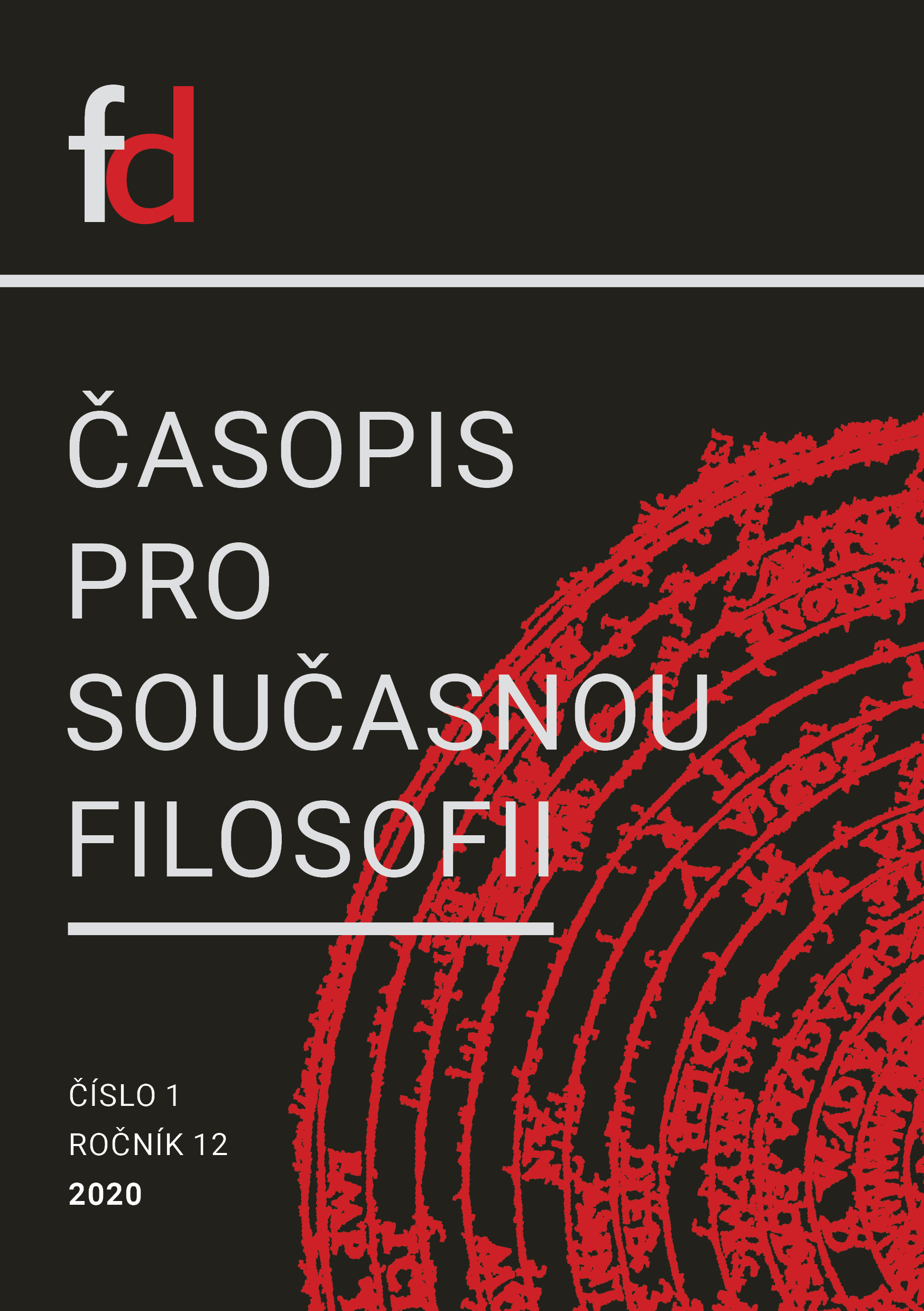In Reply to the Commentaries
DOI:
https://doi.org/10.26806/fd.v12i1.331Abstract
The author comments on four reflections on her book Hegel’s Phenomenology of the World. First, she responds to Pirmin Stekeler’s contribution, highlighting the closeness between Hegel’s understanding of the “world” and Stekeler’s concept of life-forms. She further focuses on differing interpretations of the so-called struggle to death. In her concluding remarks, she comments on Stekeler’s idea of reading the Phenomenology of Spirit as a mundicy. In this context, the author turns to the question of religion, a topic central for Olga Navrátilová’s essay. Navrátilová questions the possibility of interpreting Hegel’s conception of the end of religion not as a real abolishing of religion but as a completion of religion that presupposes its further existence. The author refuses Navrátilová’s thesis and instead suggests, that a certain concept of transcendence needs to be maintained even in the context of Hegel’s philosophy. In response to Josef Vojvodík’s contribution, the author emphasizes the importance of romantics for Hegel’s philosophy, specifically in the form of romantic irony and humor. The final part is dedicated to Tomáš Korda’s reflection. Korda demands a more thorough actualization of Hegel’s philosophy. He explicitly asks to inquire into the question of how and in what sense the spirit evolved even after Hegel’s death. The author shows some reticence towards such type of actualization, suggesting that Hegel’s style can be actualized, even the form of his philosophy, i. e. dialectics; however, his philosophy of history on which Korda’s actualization would need depend cannot be actualized in today’s context.
Downloads
Published
Issue
Section
License
Authors who publish in this journal agree that:
1. Authors retain copyright and guarantee the journal the right of first publishing. All published articles are licensed under the Creative Commons Attribution license, which allows others to share this work under condition that its author and first publishing in this journal was acknowledged.
2. Authors may enter into other agreements for non-exclusive dissemination of work in the version in which it was published in the journal (for example, publishing it in a book), but they have to acknowledge its first publication in this journal.
3. Authors are allowed and encouraged to make their work available online (for example, on their websites) as such a practice may lead to productive exchanges of views as well as earlier and higher citations of published work (See The effect of open access).


